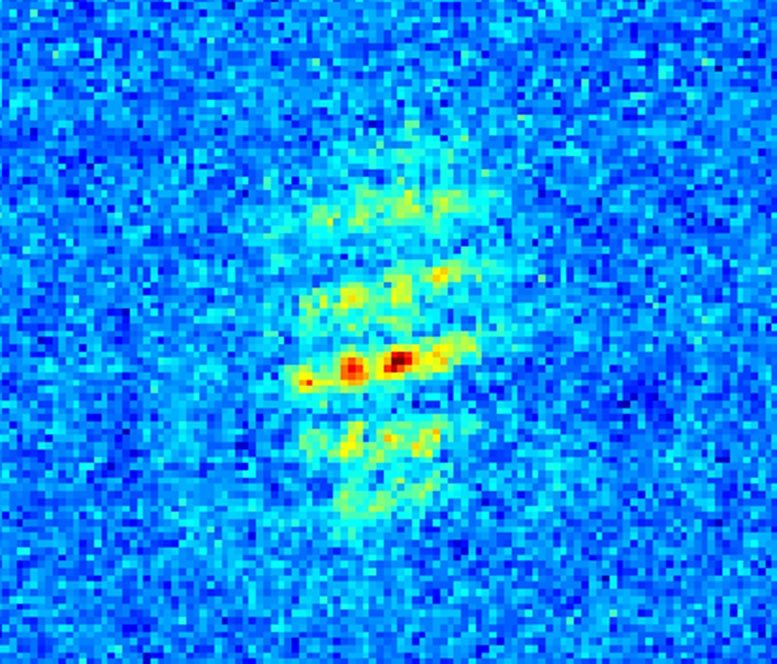Extremely precise measurements are possible using atom interferometers that employ the wave character of atoms for this purpose. They can thus be used, for example, to measure the gravitational field of the Earth or to detect gravitational waves. A team of scientists from Germany has now managed to successfully perform atom interferometry in space for the first time – onboard a sounding rocket. “We have established the technological basis for atom interferometry on board of a sounding rocket and demonstrated that such experiments are not only possible on Earth, but also in space,” said Professor Patrick Windpassinger of the Institute of Physics at Johannes Gutenberg University Mainz (JGU), whose team was involved in the investigation. The results of their analyses have been published in Nature Communications.
A team of researchers from various universities and research centers led by Leibniz University Hannover launched the MAIUS-1 mission in January 2017. This has since become the first rocket mission on which a Bose-Einstein condensate has been generated in space. This special state of matter occurs when atoms – in this case atoms of rubidium – are cooled to a temperature close to absolute zero, or minus 273 degrees Celsius. “For us, this ultracold ensemble represented a very promising starting point for atom interferometry,” explained Windpassinger. Temperature is one of the determining factors, because measurements can be carried out more accurately and for longer periods at lower temperatures.
